- Weekly Highlights from Arakan State (Jan 26 to Feb 1, 2026)
- Arakanese youth stabbed in Mae Sot urgently needs financial aid for medical treatment
- Five years on Myanmar faces uncertain military and political outlook after coup
- Myanmar Navy detains Pauktaw fishermen and demands ransom
- Junta Airstrikes on Arakan and the Consequences for Independent Media
Regime’s peace talks with NCA signatories deliver ‘mutually understood trust’
During a meeting of the junta’s peace negotiating team and seven signatories to the Nationwide Ceasefire Agreement (NCA) over the past few days, the two sides “mutually understood trust steps for peace,” according to one delegate who attended the talks.
05 Apr 2023
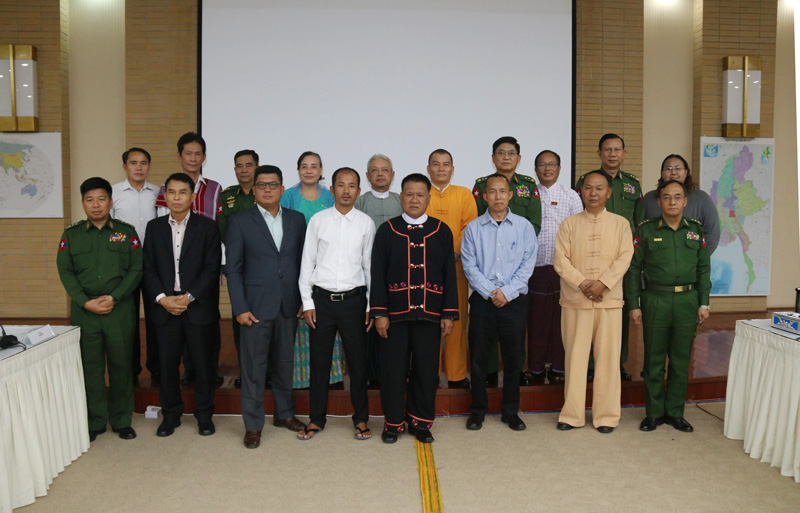
DMG Newsroom
5 April 2023, Sittwe
During a meeting of the junta’s peace negotiating team and seven signatories to the Nationwide Ceasefire Agreement (NCA) over the past few days, the two sides “mutually understood trust steps for peace,” according to one delegate who attended the talks.
The regime’s National Solidarity and Peace Negotiation Committee led by Lt-Gen Win Bo Shein and the seven NCA signatories held informal peace talks from March 28-29 in Naypyidaw.
“Since last year, we have tried several times to hold informal talks with the military regime, but to no avail. This discussion was the first time we were able to have an informal discussion. I can say that this peace talk is encouraging for both sides, and that it will be convenient for both sides,” said Colonel Saw Kyaw Nyunt, spokesman for the seven NCA signatories.
Issues such as the emergence of a political dialogue forum that includes all stakeholders, issues related to the stages of the peace process, federal principles, civilian protection, holding elections, holding a peace conference, and the ability to amend the basic articles of the 2008 Constitution were discussed during the peace talks.
Negotiations are being conducted with political forces as far as possible to enable a political dialogue involving all stakeholders in order to overcome the political crises in Myanmar.
At a time when military conflicts are intensifying throughout Myanmar, some political analysts have postulated that the regime is only using the seven EAOs politically.
“The regime is only using the EAOs to negotiate peace. Peace talks with the regime cannot provide a solution, and even if there is a solution, it will not be acceptable to other ethnic armed groups. A solution that can discuss peace with the EAOs will be a solution that will help the regime,” said U Pe Than, one such political analyst and a former lawmaker.
Senior members of the Restoration Council of Shan State, Arakan Liberation Party, New Mon State Party, Democratic Karen Benevolent Army, Karen National Union/Karen National Liberation Army-Peace Council, Lahu Democratic Union and Pa-O National Liberation Organization attended the peace talks.
U Than Soe Naing, another political analyst, told DMG that there were talks between the regime and the NCA signatories in the past, but they could not implement anything.
The regime has imposed martial law in 27 townships in Sagaing, Magway, Bago and Tanintharyi regions and Chin, Mon, Kayah and Kachin states, amid fighting between junta troops and an anti-regime coalition that includes some EAOs.
Politicians are also criticising that the regime has not been able to hold talks with other powerful ethnic armed groups that are fighting with them, noting that the talks are only with NCA signatories. The format, they say, cannot viably lead to a national peace.




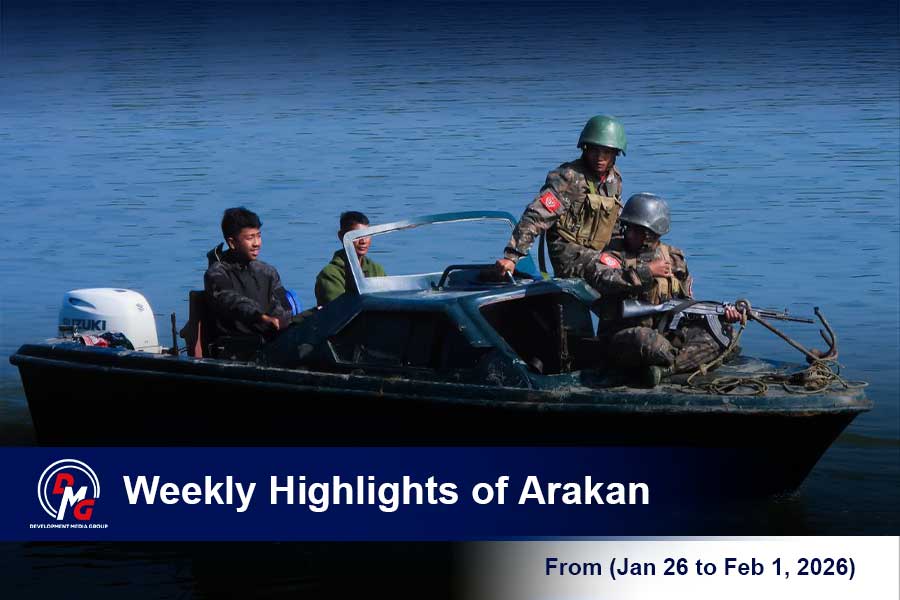
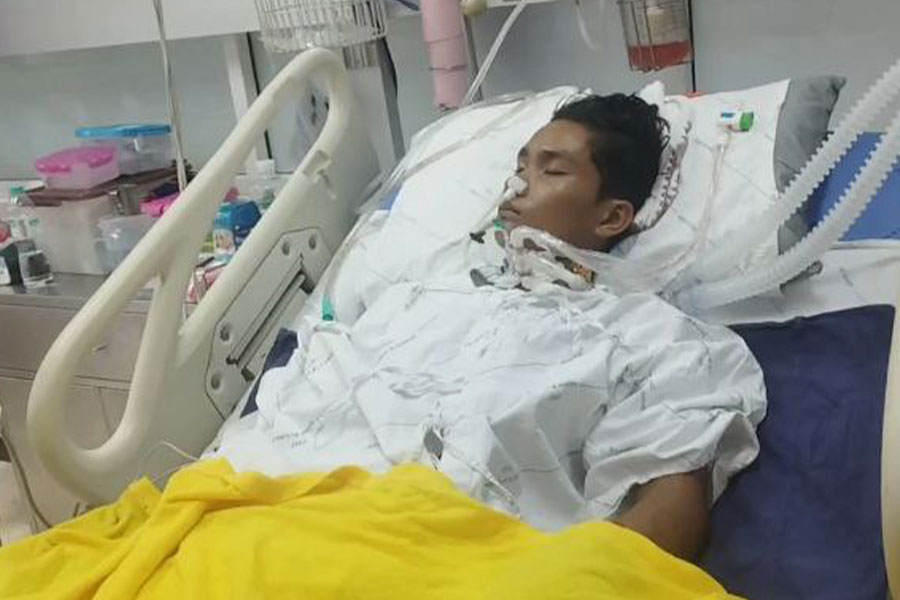
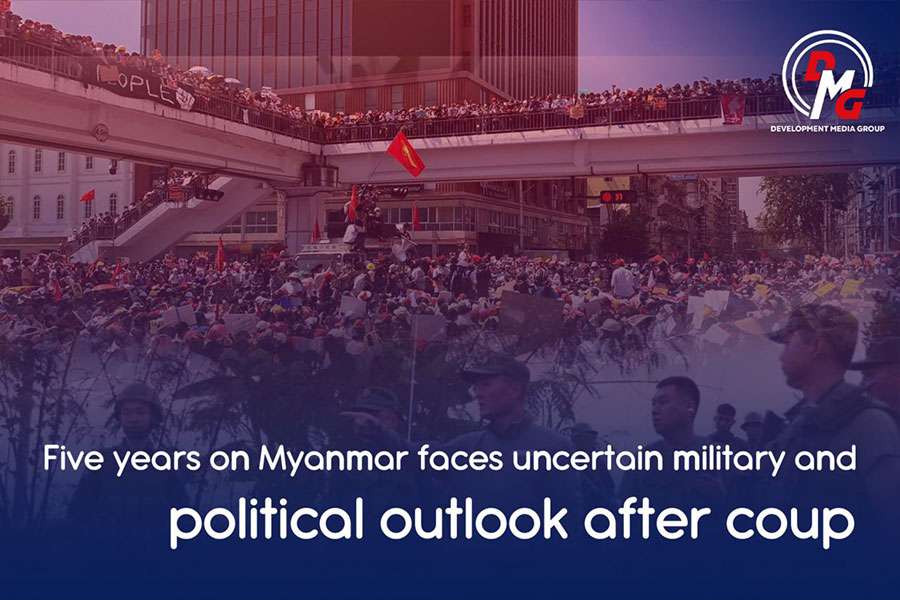
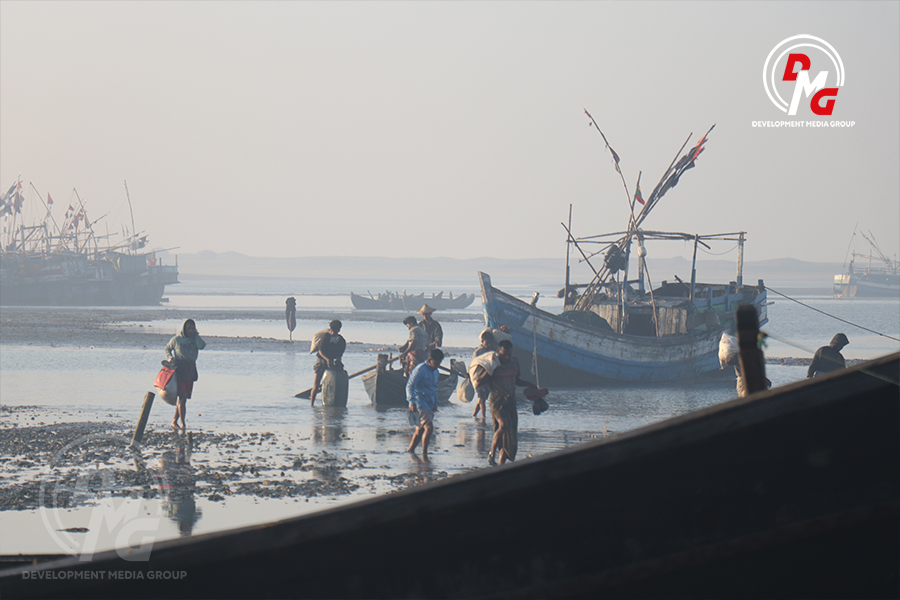
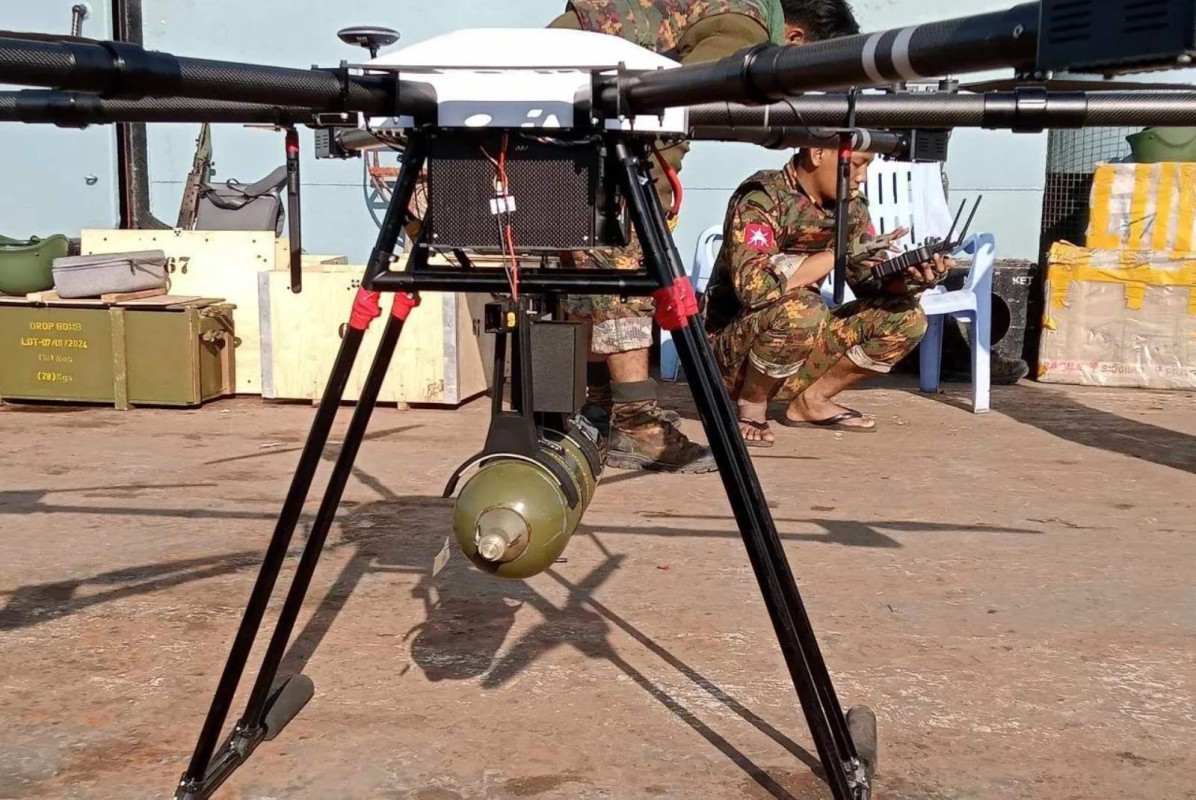






.jpg)

